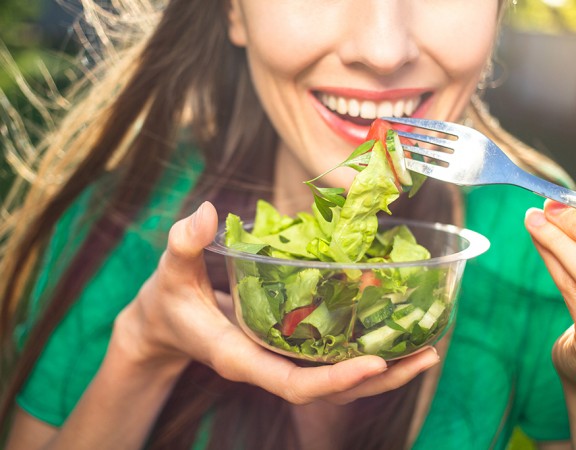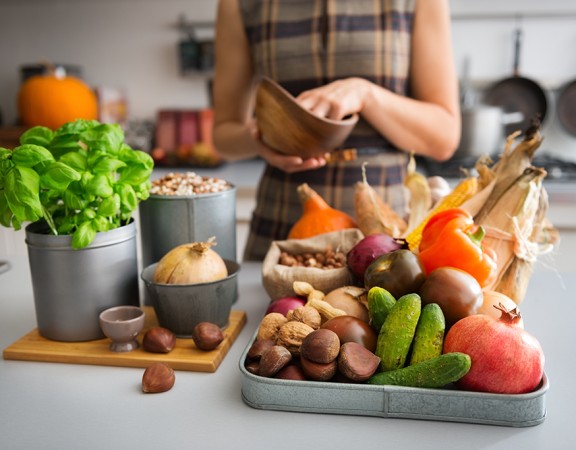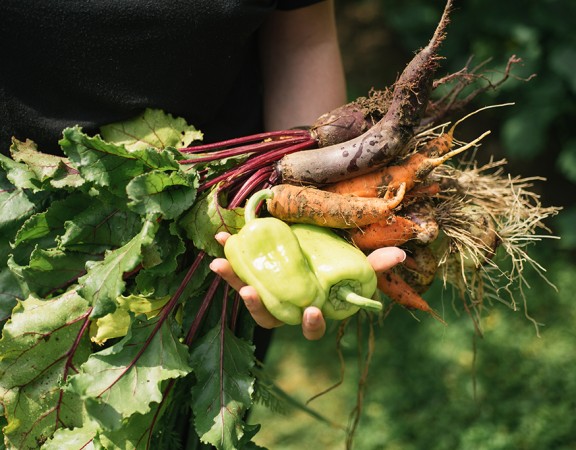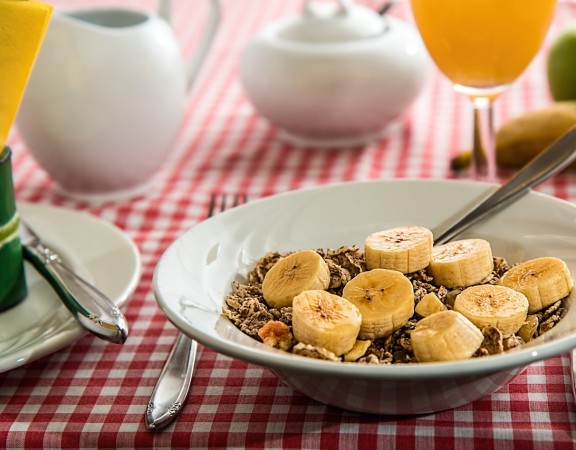Changing of weather conditions and the arrival of 
cold days puts the immunity to a real test. Depending on how we will prepare food and maintain the body, and then selecting dietary supplements, the result of resistance to viruses and bacteria will differ.
Nutrition is especially important factor in the preservation and activation of the defense forces of the organism. Strong immunity arises and ends up in the intestine. Be aware, therefore, to chose fermented foods, such as sauerkraut and beets, which are dietary sources of these beneficial bacteria.
The immune system is associated with the role of insulin and the rapid increase of glucose (sugar) in the blood, so avoid consumption of sweets and high-in-sugar processed industrial food because it will result in a drop of immunity.
Intake of proteins from lean meats, fish, egg whites, non-fat dairy products, legumes, secures body with necessary amino acids. Without them there is no enzyme or immune bodies that keep the immune system together. The best example is glutamine, anti-stress amino acids whose concentration decreases rapidly in the state of physiological stress, such as illness.
If you fill your “good” fats from plant sources of omega-3 and monounsaturated fatty acids, they will enable strong anti-inflammatory effects and therefore, stronger immunity. Vitamin C is the “famous” thanks to its role in strengthening the immune system. Vitamin C among other things improves blood circulation in the capillaries in swollen mucosa, helps remove harmful effects of excessive free radicals. More important is that vitamin C goes hand-in-hand with vitamin E. Therefore, fruits such as pomegranate, kiwi, oranges, grapefruit, tangerines, should be eaten with almonds, walnuts and pumpkin seeds.
Additional good advice is a regular hydration of your body with natural juices that do not contain added sugars; hot tea; chicken soup; vegetable soup and of course- water. The profound hydration will allow the removal of harmful by-products of your metabolism. Nevertheless, if you are too busy with our day-to-day obligations, the body will not stop to looking for its needs. Every day, provide your body with vitamin C, with the lowest average concentration of 80 mg per day. And when you do not have enough time, or at the turn of the seasons and in the winter months – when you are limited with fresh fruits and vegetables rich in vitamin C, nutritionists recommend to reach for a glass of freshly squeezed juices of super fruits, such as aronia, acerola and pomegranate. The simplest is to reach for a glass of freshly pressed, pure juice, without added sugar.
Msc. Nutr. Nenad Bratković
NutriKlinika nutrition counseling
NutriConsult d.o.o. consulting





